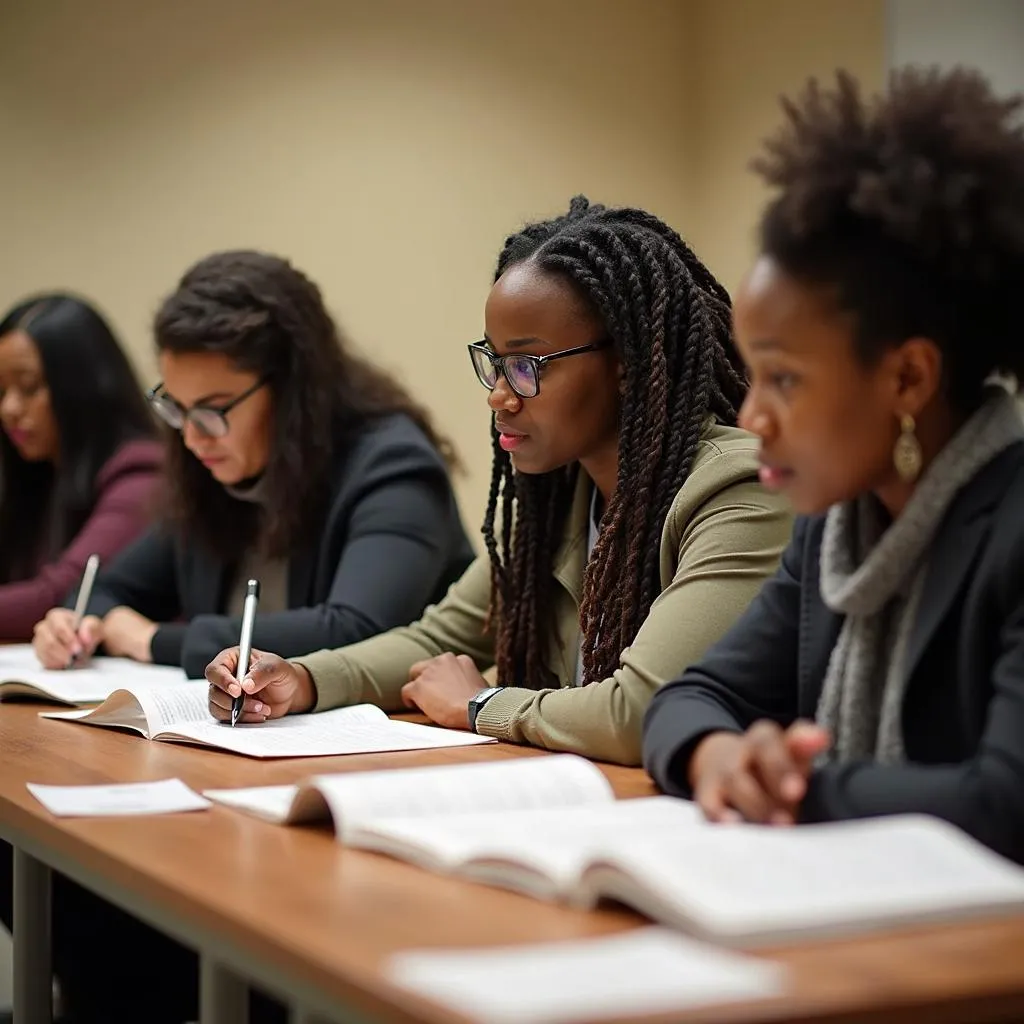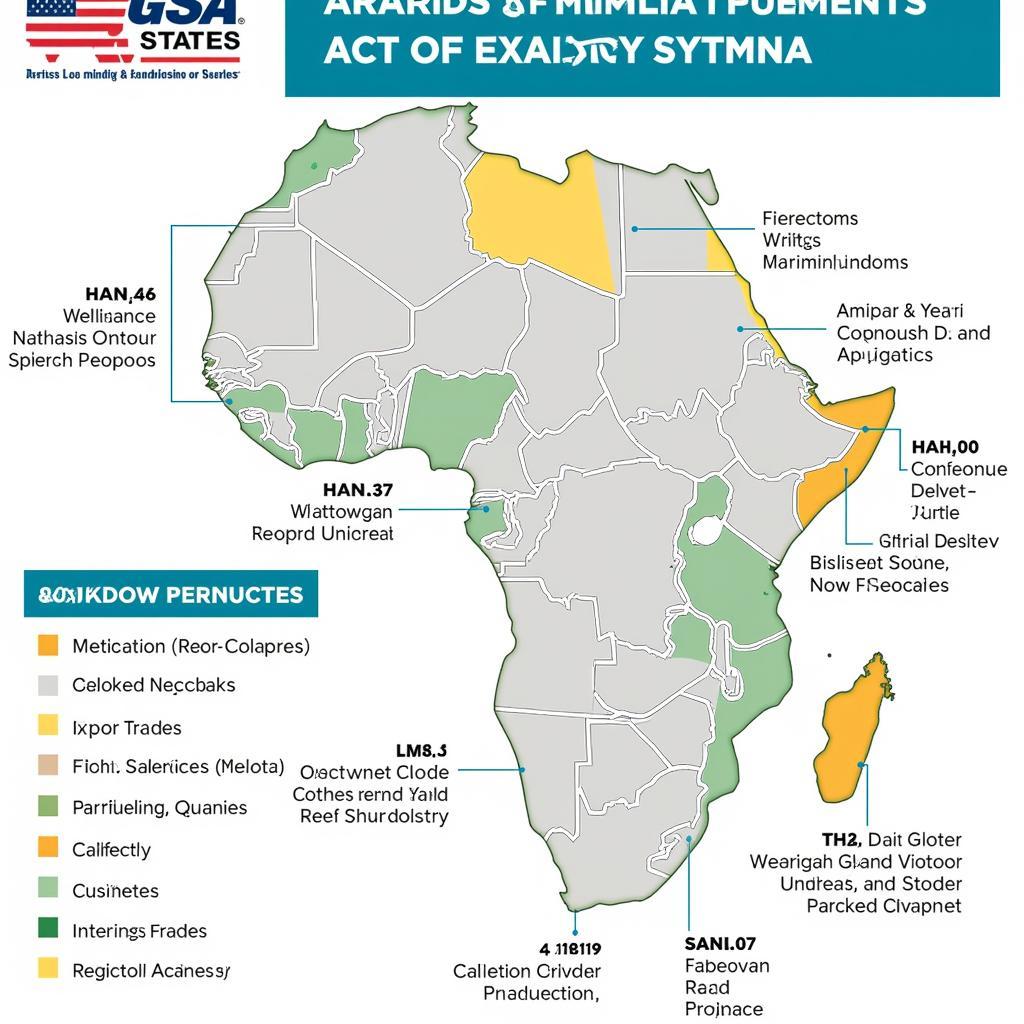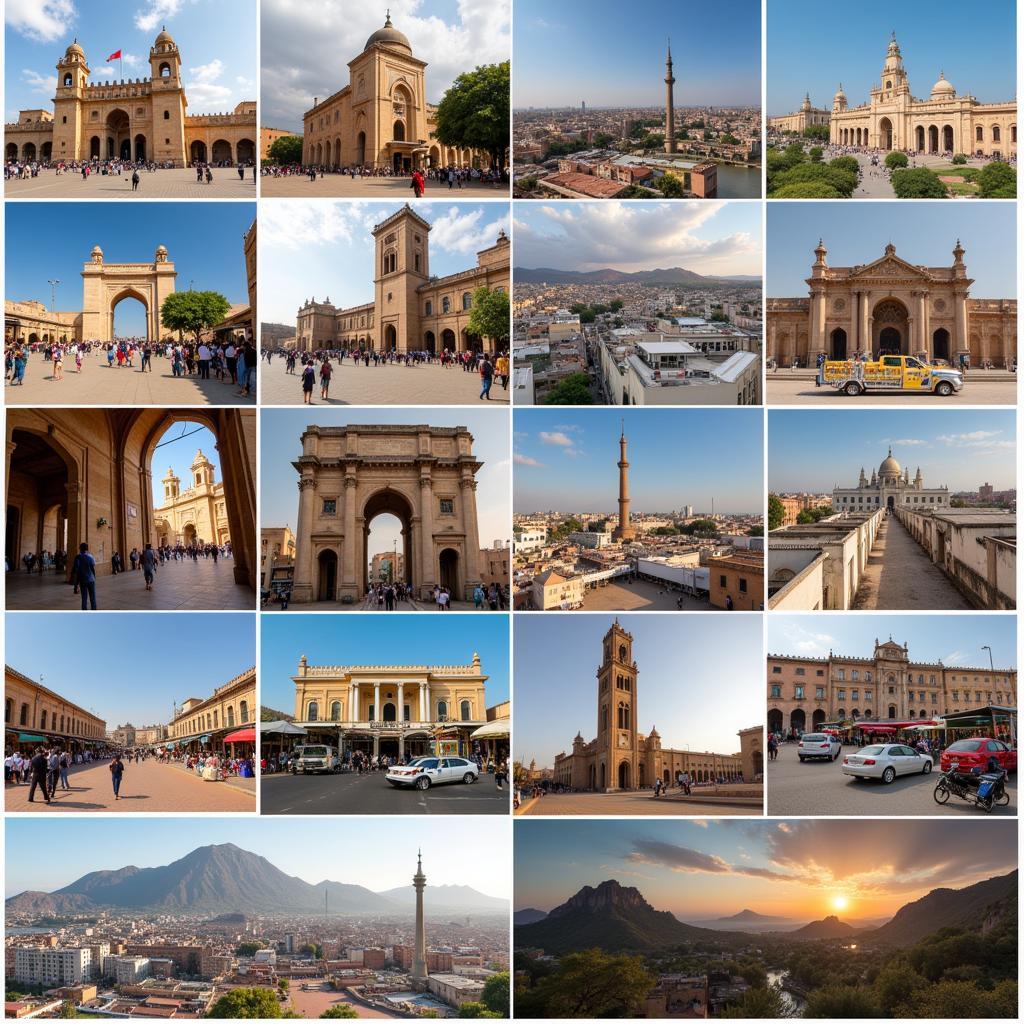African American Book Editors: Shaping the Literary Landscape
African American Book Editors have played a pivotal role in shaping the literary landscape, contributing significantly to the representation and visibility of Black voices and experiences in publishing. They are the gatekeepers of narratives, carefully selecting, developing, and promoting books that reflect the diverse perspectives, stories, and cultural richness of the African American community. Their work extends beyond simply editing manuscripts; they actively advocate for the inclusion of Black authors and ensure their voices are heard on a global stage.
Understanding the Role of African American Book Editors
The role of an editor is multifaceted, encompassing a wide range of responsibilities. These include:
- Manuscript Evaluation: Reading and evaluating submissions from Black authors, assessing their writing style, story potential, and market appeal.
- Developmental Editing: Guiding authors in refining their manuscripts, providing feedback on plot, character development, pacing, and overall structure.
- Copyediting: Ensuring the accuracy and clarity of the text, addressing grammatical errors, inconsistencies, and style discrepancies.
- Line Editing: Focusing on sentence-level issues, refining language, and improving the overall flow and readability of the manuscript.
- Proofreading: Checking for any remaining errors before publication, ensuring a polished and error-free final product.
- Market Research: Identifying trends and gaps in the publishing industry, assessing the potential market for a particular book, and developing effective marketing strategies.
- Author Advocacy: Acting as a champion for Black authors, advocating for their work, and connecting them with agents, publishers, and other industry professionals.
The Impact of African American Book Editors
African American book editors have made a profound impact on the publishing industry, fostering greater diversity and inclusion. Their efforts have:
- Amplified Black Voices: Given a platform to Black authors, their stories, and their experiences, enriching the literary landscape and expanding the range of narratives available to readers.
- Challenged Existing Narratives: Contributed to the deconstruction of stereotypes and misrepresentations of the Black experience, promoting a more nuanced and authentic portrayal of Black life.
- Inspired Future Generations: Served as role models for aspiring Black writers and editors, encouraging them to pursue careers in the publishing industry.
“The role of an African American book editor is not simply about editing manuscripts,” says Dr. Aaliyah Jones, a renowned literary scholar and book editor. “It’s about championing Black voices, nurturing talent, and ensuring that Black narratives reach the widest possible audience.”
Notable African American Book Editors
Throughout history, numerous African American book editors have made significant contributions to the field. Some of the most notable figures include:
- Toni Morrison: While best known for her literary genius, Morrison also served as a senior editor at Random House, where she actively championed Black authors and nurtured new talent.
- John Edgar Wideman: A celebrated novelist and essayist, Wideman has also been a respected editor, contributing to the development of a new generation of Black writers.
- Marlon James: A Pulitzer Prize-winning author, James has also worked as an editor, sharing his knowledge and experience with aspiring Black writers.
The Future of African American Book Editors
The future of African American book editors is bright, with increasing recognition of the importance of diversity and inclusion in the publishing industry. As readers demand more representative books, the role of these editors will become even more crucial in shaping the literary landscape and amplifying Black voices.
Frequently Asked Questions
Q: What are the challenges faced by African American book editors?
A: Despite the progress made, African American book editors still face challenges, including limited opportunities, a lack of diversity in leadership positions, and systemic biases within the publishing industry.
Q: How can I become an African American book editor?
A: Pursuing a degree in English, journalism, or a related field can provide a strong foundation. Networking with established editors, attending industry events, and gaining experience through internships or freelance work can also be beneficial.
Q: What are some resources available to aspiring African American book editors?
A: The Association of American Publishers (AAP) and the American Society of Journalists and Authors (ASJA) offer resources and networking opportunities for aspiring editors.
Q: How can I support African American book editors and authors?
A: By purchasing and reading books by Black authors, supporting independent bookstores that promote Black voices, and advocating for diversity and inclusion in the publishing industry.
 African American Book Editor at Work
African American Book Editor at Work
The work of African American book editors is essential in ensuring that Black voices are heard and represented in the world of literature. They are crucial players in shaping the literary landscape, fostering diversity, and enriching the reading experience for all.
 Book Editing Workshop
Book Editing Workshop
By supporting and celebrating their work, we can continue to advance the cause of diversity and inclusion in publishing and create a more equitable and representative literary world.



